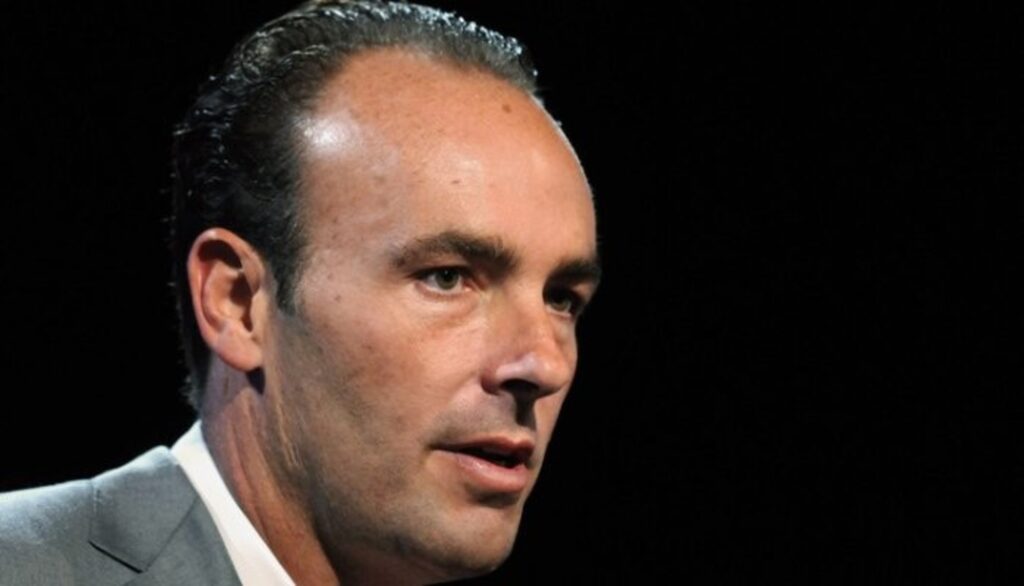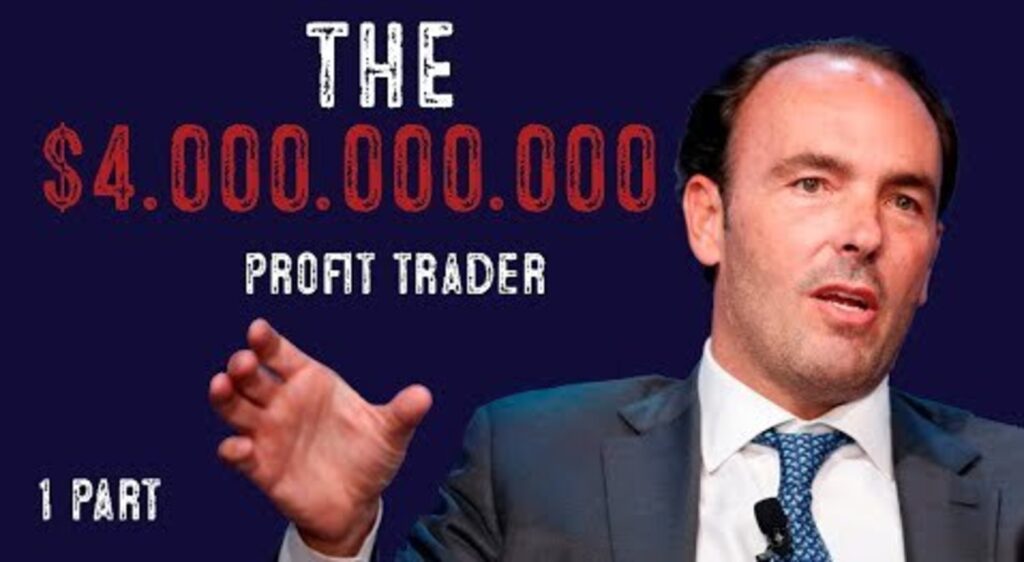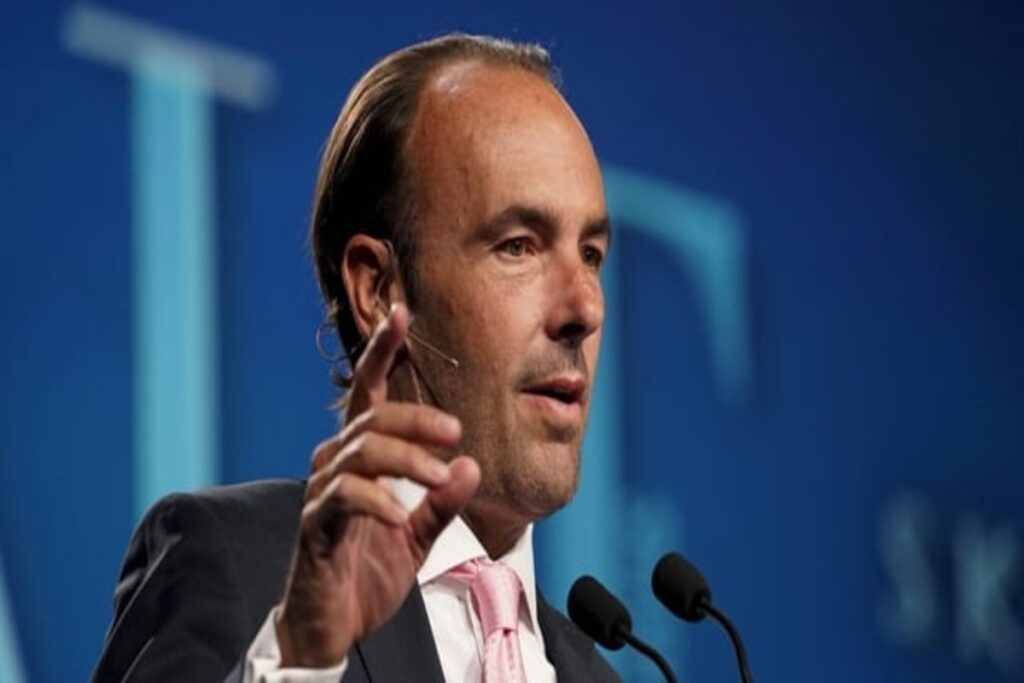For one, billionaire investor Kyle Bass is scooping up large tracts of land in Texas, Tennessee, and Florida. His motive? Money-making, it is, but those three states seem to have popped up on his radar thanks to how relatively affordable their real estate markets are.

Migration stats reveal that both companies and workers are moving to these states to reduce real estate expenses.
Expensive Operations Equals Expensive Products
Bass recently called out the “expensive” US states while interviewing on a podcast. He said, “When you think about the US, you look at the coastal region, the West Coast and the Northeast being very high cost, very high tax — one could say mismanaged — jurisdictions.”

According to Bass, such high-cost states inadvertently tell people to take their businesses elsewhere.
Leaving for Less Expensive States
Interestingly, many entities have accepted the invitation to leave for cheaper climes. States with tax waivers or cuts, lower living costs, and doing business have entities scrambling to get a slice of the pie before it runs out.

Now, there would always be some naysayers of such projections, but Bass has proven his mettle in the real estate business.
How to Make It Big During a Global Financial Crisis
Bass rode out the real estate bubble of 2008 so stylishly that his great feat of making billions during a financial crisis was immortalized in a bestseller by Michael Lewis, The Big Short.

Bass is peculiarly skilled at focusing on low-cost states for real estate investments. He adopted that same playbook during his analysis of the Chinese real estate market in 2022.
States Are Getting New Arrivals
In the space of two years, 2022 and 2023, the population of Bass’ earmarked states increased significantly. For example, Tennessee’s population increased by 77,513, Texas by 473,000, and Florida by 365,000.

The US Census Bureau substantiated these data, which indicate that Americans were betting big on these three states.
Companies Are Part of the Exodus
It is no longer news that big-shot finance firms in California and New York are shipping their businesses to southern states. These corporate migrations are leading to losses of about $1 trillion for the high-cost states.

Well, it’s not like New York’s Wall Street has been taken over by tumbleweed. However, a sizable number of asset and finance managers have moved their headquarters down south.
The Herd Principle
The kind of boom that drove tech companies to Silicon Valley is replicated whenever there is a mass exodus of businesses. Bass says, “You have to move real companies where there’s affordability, where there’s expansive activity, and natural resources to accommodate that movement.”

Bass says businesses are always on the heels of such macro movements.
Carbon Credits, the New Cash Cow
However, Bass, the founder of Hayman Capital, is looking far beyond trading real estate for its conventional uses. Instead, the financial guru is eyeing the sale of carbon credits.

Many companies are looking to join the environmental mitigation bandwagon, but since many of them are not in the business of greening the planet, they shop for sellers of carbon credits.
Waiting to Exploit Profitable Opportunities
Bass founded a private equity firm, Conservation Equity Management, in 2021 to exploit this market. This private entity sells carbon credits to organizations whose operations clearly flout the global climate protection pact.

The interesting part is that Conservation Equity Management does not necessarily ask for cash; their clients can pay in kind, for example, by exchanging services.
Helping Companies Out of Their Climate Imbalance
Bass seems to be always ahead of the game, as he correctly predicted the outcome of mass influxes of business into states like Texas. He said, “As more companies and people move to Texas and other pro-business, low-tax states, there will be devastating environmental consequences.”

Consequently, such businesses would be forced to evaluate their environmental impact and hunt for mitigation options.
From Hedge Fund Manager to Real Estate Guru
By the fourth quarter of 2022, Conservation Equity Management had already bought up Texas lands amounting to $90 million. Spectators of his business moves suggest Bass wants to cash in on the land appreciation in Texas.

However, Bass has quickly corrected that notion by explaining that credit selling is not his only prospect in Texas. He also wants to use his assets in the state as a macroeconomic shock absorber.
Future Prospects of the Chinese Economy
Bass has for long touted land as a more reliable hedge against uncertainties, in comparison to other widely noised commodities, like gold.

For now, the only reservations Bass has about the viability of real estate investments is China. According to him, the Asian giant’s economy is under serious stress. Now, judging by China’s recent geopolitical standoffs with the US, economic ripples may soon land on America’s shores.

